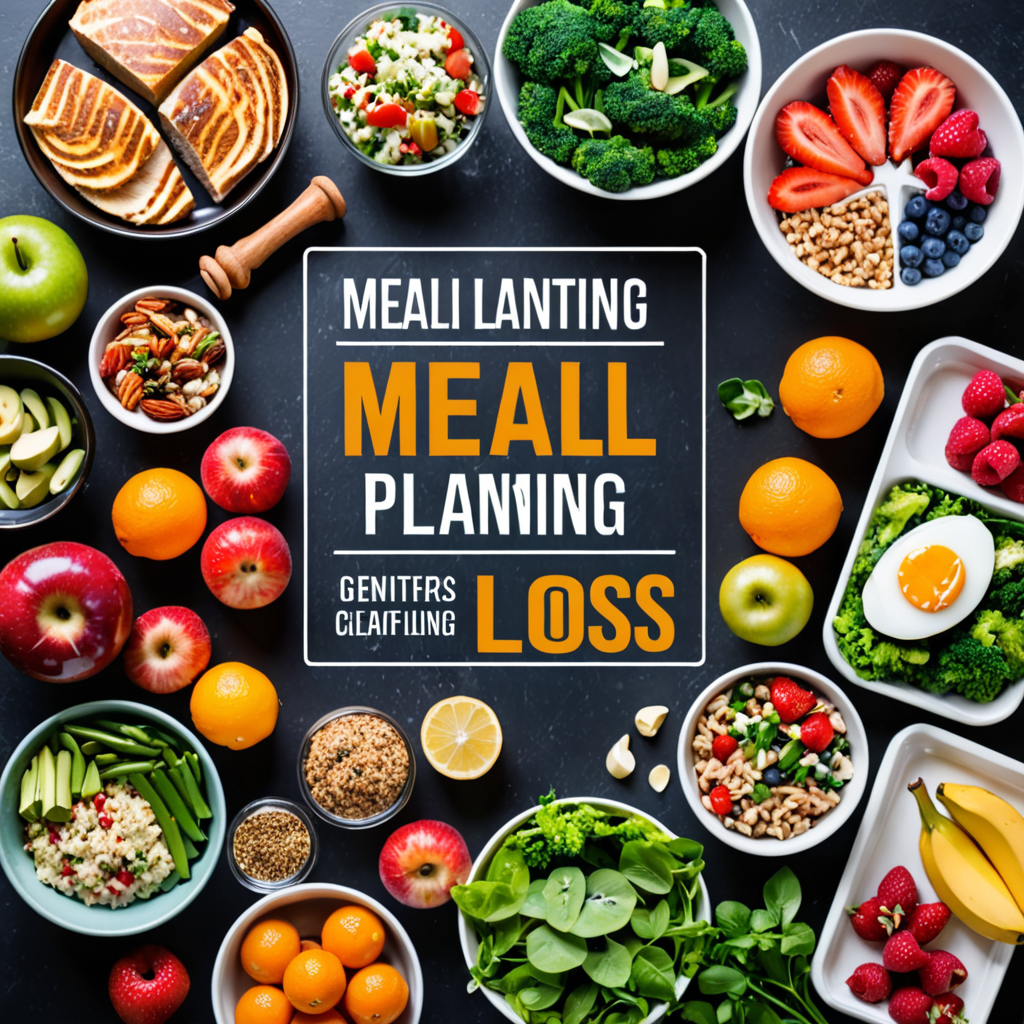Nutritional Considerations for Marathon Training
Introduction
Marathon training requires not only physical endurance but also careful attention to nutrition. Fueling your body with the right nutrients before, during, and after long runs can significantly impact your performance and recovery. In this article, we will explore the key nutritional considerations for marathon training.
Pre-Run Nutrition
Before embarking on a long run, it is essential to consume a balanced meal rich in carbohydrates, lean proteins, and healthy fats. Carbohydrates provide the primary source of energy for endurance activities, while proteins aid in muscle repair and recovery. Avoid high-fiber and fatty foods that may cause gastrointestinal distress during your run.
Hydration
Staying hydrated is crucial for marathon training. Adequate fluid intake before, during, and after runs helps maintain performance and prevents dehydration. Water is essential, but for longer runs, consider incorporating electrolyte-rich drinks to replenish lost minerals.
During-Run Fueling
During a marathon, your body depletes glycogen stores, leading to fatigue. Consuming easily digestible carbohydrates, such as energy gels or sports drinks, can help sustain energy levels and delay fatigue. Experiment with different fueling strategies during training to find what works best for you on race day.
Post-Run Recovery
After completing a long run, focus on refueling your body with a mix of carbohydrates and proteins to aid in muscle recovery. Consuming a meal or snack within 30 minutes of finishing your run can jumpstart the recovery process. Including foods rich in antioxidants can also help reduce inflammation and support recovery.
Supplements
While a balanced diet should be your primary source of nutrients, some marathon runners may benefit from supplementing with vitamins or minerals. Consult with a healthcare provider or a sports nutritionist to determine if you have any deficiencies that require supplementation.
Final Thoughts
Nutrition plays a crucial role in the success of your marathon training journey. By fueling your body with the right nutrients, staying hydrated, and focusing on recovery, you can optimize your performance and enhance your overall marathon experience. Remember that individual nutritional needs may vary, so listen to your body and adjust your nutrition plan accordingly.
Nutritional Considerations for Marathon Training FAQ
What are the essential nutrients for marathon training?
Essential nutrients for marathon training include carbohydrates for fuel, protein for muscle repair, healthy fats for energy, and vitamins and minerals for overall health and performance.
How can hydration impact marathon training?
Proper hydration is crucial for marathon training as dehydration can lead to decreased performance and even health risks. It’s important to stay hydrated before, during, and after training sessions.
Should I adjust my calorie intake during marathon training?
Yes, calorie intake should be adjusted to match the increased energy expenditure during marathon training. It’s important to consume enough calories to fuel your workouts and support recovery.
What are some pre-race meal options for marathon runners?
Ideally, pre-race meals should be high in carbohydrates, moderate in protein, low in fat, and easily digestible. Examples include oatmeal, whole grain toast, bananas, and energy bars.
Is it necessary to take supplements for marathon training?
While a well-balanced diet can typically provide all the necessary nutrients for marathon training, some runners may benefit from supplements like electrolytes, vitamin D, or omega-3 fatty acids. It’s best to consult with a healthcare professional before starting any supplements


